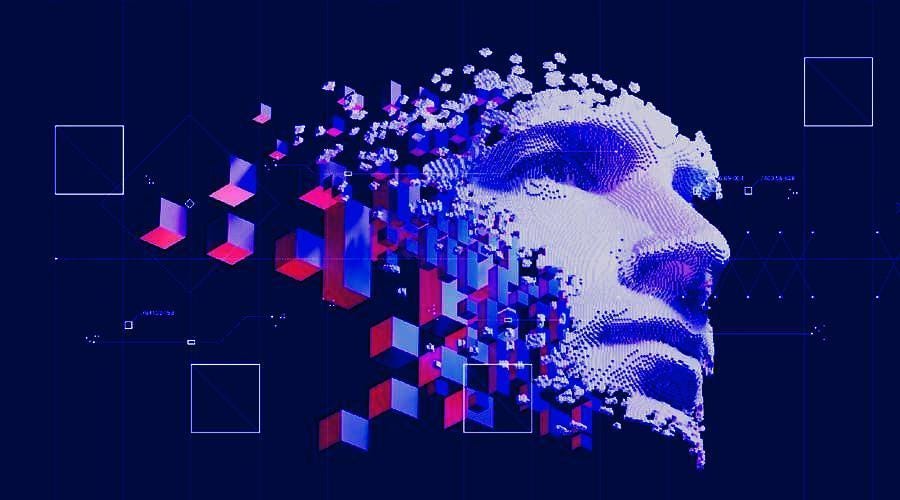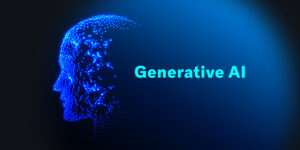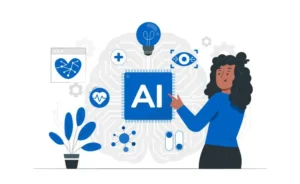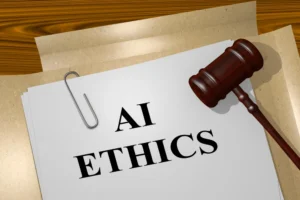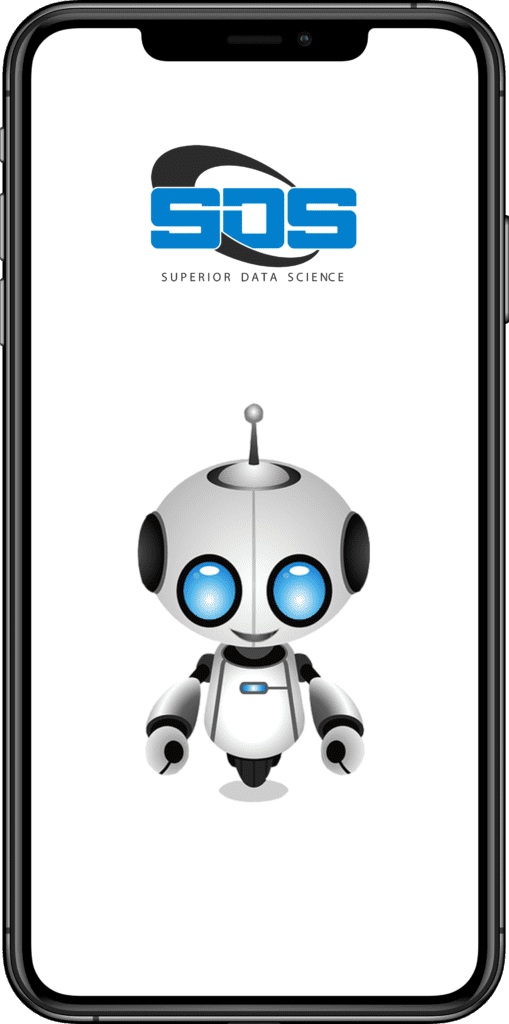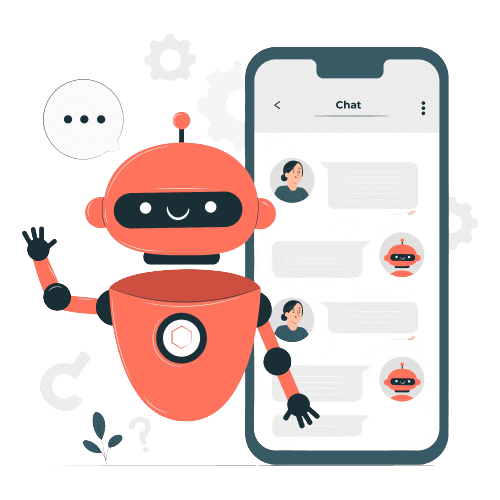Generative AI, a term gaining momentum in the tech world, stands as a testament to the ever-evolving landscape of artificial intelligence. In this article, we’ll delve into the intricacies of AI, exploring its applications, challenges, and the profound impact it has on our daily lives.
Understanding Generative AI
How it Differs from Traditional AI
Traditional AI relies on explicit programming to perform tasks, whereas AI is designed to mimic human-like creative thinking. It goes beyond predefined algorithms, allowing machines to generate content autonomously.
Basic Mechanisms and Processes
AI operates through neural networks, processing vast datasets to learn patterns. This learning process enables the system to create content, be it in the form of text, images, or even multimedia.
Applications of Generative AI
Its application in various domains, revolutionizing the way we interact with technology.
Content Creation
From writing articles to composing music, it aids in creative content generation, making tasks more efficient and diverse.
Image Generation
Artificial intelligence can now generate realistic images, paving the way for advancements in graphic design and visual arts.
Language Translation
AI enhances language translation services, breaking down communication barriers and fostering global connectivity.
Challenges and Concerns
Despite its promise, AI poses ethical challenges and concerns.
Ethical Considerations
The autonomous generation of content raises ethical questions regarding authorship, intellectual property, and the potential for misinformation.
Potential Misuse
There’s a fine line between innovation and misuse. AI’s capabilities could be exploited for malicious purposes, emphasizing the need for responsible development and usage.
Benefits of Generative AI
The advantages of AI are noteworthy, contributing to efficiency and innovation.
Efficiency in Tasks
Automated content creation reduces time and effort, allowing professionals to focus on higher-level tasks.
Innovation and Creativity
AI fosters innovation by providing a platform for creative exploration, pushing the boundaries of what technology can achieve.
Generative AI in Everyday Life
The integration of AI into our daily lives is more pervasive than one might think.
Social Media Filters
Filters that enhance or transform images on social media platforms are often powered by AI, adding a layer of fun and personalization.
Virtual Assistants
The conversational abilities of virtual assistants, like chatbots, are improved through AI, making interactions more natural and responsive.
Future Trends in Generative AI
As technology advances, so do the possibilities with AI.
Advancements in Technology
Continuous research and development promise more sophisticated algorithms, expanding the horizons of what AI can achieve.
Potential Impact on Various Industries
Industries such as healthcare, finance, and entertainment are poised to experience transformative changes with the integration of AI.
Case Studies
Examining real-world examples showcases the practical applications and successes of AI.
Successful Implementations
Companies leveraging Generative AI to enhance their products and services demonstrate its tangible benefits.
Notable Examples
Highlighting instances where Generative AI has made a significant impact on industries and user experiences.
Generative AI vs. Human Creativity
The juxtaposition of artificial intelligence and human creativity is a subject worth exploring.
Striking a Balance
Understanding the collaborative potential between AI and human creativity ensures a harmonious coexistence.
Collaborative Possibilities
Exploring how humans and machines can work together to achieve creative endeavours that transcend individual capabilities.
Educational Perspectives
The integration of AI in educational systems brings forth new opportunities and challenges.
Integration in Learning Systems
How Generative AI can be used as a tool for education, aiding in personalized learning experiences.
Skill Enhancement
Developing skills that complement the capabilities of AI, preparing individuals for the evolving job market.
The Role of Big Data in Generative AI
The abundance of data plays a crucial role in the effectiveness of AI.
Data Processing and Analysis
The significance of big data in training AI models and ensuring accurate and meaningful outputs.
Privacy Concerns
Addressing concerns related to data privacy and security in the era of AI.
Open Source Initiatives Of Generative AI
The collaborative nature of AI extends to open-source initiatives.
Community Involvement
How individuals and organizations contribute to the collective knowledge and development of AI.
Sharing of Knowledge
The importance of sharing insights, algorithms, and advancements for the greater good of the AI community.
Government Regulations
Navigating the ethical landscape of AI requires clear regulations and guidelines.
Ensuring Ethical Use
The role of governments in establishing and enforcing ethical standards to prevent misuse.
Legal Frameworks
Developing legal frameworks that strike a balance between fostering innovation and protecting societal values.
Conclusion
In conclusion, Generative AI marks a paradigm shift in how we interact with technology. While challenges exist, the benefits and possibilities it presents are vast. The key lies in responsible development, ethical considerations, and fostering collaboration between humans and machines.
FAQs
Is Generative AI the same as traditional AI?
No, Generative AI goes beyond predefined algorithms, allowing machines to autonomously generate creative content.
What are the ethical concerns surrounding Generative AI?
Ethical concerns include issues related to authorship, intellectual property, and the potential for misuse.
How does Generative AI impact everyday life?
AI is present in social media filters, virtual assistants, and various other applications that enhance user experiences.
What role does big data play in Generative AI?
Big data is essential for training AI models, ensuring accurate and meaningful outputs.
How can Generative AI be integrated into education?
AI can be used as a tool for personalized learning experiences, enhancing skill development.
